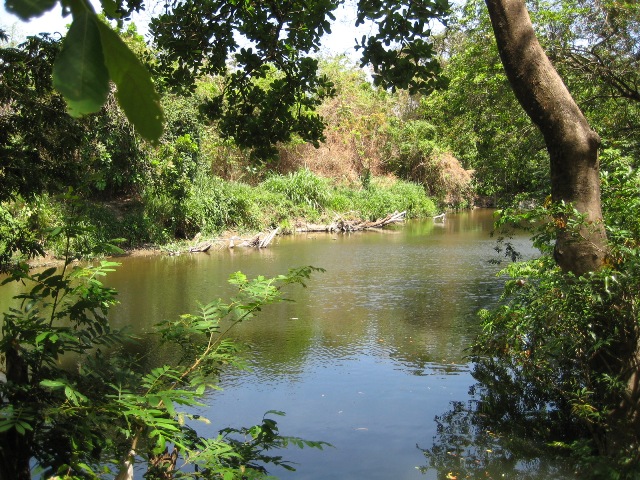38 confirmed cases of Zika virus in Guna Yala

A PANAMA travel alert for pregnant women was issued last week because of the mosquito transmitted Zika virus and since then 38 cases have been confirmed in Guna Yala.
The spread of the virus in South America has drawn world wide attention It can lead to microcephaly (babies born with smaller brains)
Among those affected in Guna Yala is a pregnant woman, a child under one year of age, five people over 75 years, and the rest are among all age groups.
“The pregnant woman is 28 weeks and is currently in prenatal” said Itza Barahona de Mosca, Director General of Panama’s Ministry of Health (MoH) “We cannot confirm that the fetus has microcephaly, however, after the birth the baby and mother will remain under observation.”.
Dr Barahona said that besides the Zika virus, residents of the islands suffer from dengue and chikungunya, but the Ministry is taking all preventive measures in the region.
She said that pregnant women should avoid being bitten by a mosquito, using repellents and mosquito nets, and should not be exposed in the morning and evening, when mosquitoes circulate.
The Zika virus has been linked to a recent increase in birth defects including microcephaly, where newborns have smaller heads than average and their brains do not develop properly.
In Brazil, they have significantly increased cases of microcephaly with 3,893 babies suffering from the condition since authorities began investigating in October. Less than 150 cases were registered in 2014.
In Colombia, the authorities expect over 1,600 to be infected, with serious consequences only in pregnant women, and have asked couples not to have children at this time.
This week the first case of zika was identified in Bolivia, in an eight-months pregnant woman and in Hawaii, the first child with microcephaly was born.
The MoH said that in Panama there are no cases of microcephaly related to zika.





